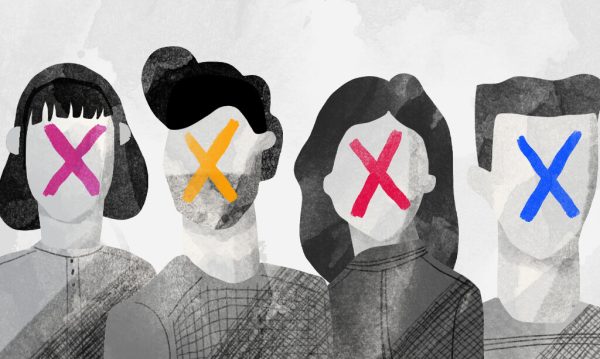New Years Resolutions Are Overrated
As the year comes to an end, the trend of New Year’s resolutions is bound to reappear. Although this annual trend works well for some, New Year’s resolutions are overall unnecessary. These resolutions have become redundant and cause people to procrastinate forming good habits. Resolutions such as going to the gym and eating healthy often end up broken just a few months into the year. A large percentage of Americans make resolutions every year, although a far smaller number actually succeed in keeping up with their resolution. Often, resolutions fail because one feels pressured to make an unnecessary change because of the tradition. On the other hand, many other people make changes that are too ambitious and sudden, making the resolutions extremely difficult to carry out over time.
Forming positive habits or trying to kick old ones often takes a lot of time and effort. Because of New Year’s resolutions, many people put off forming good habits and wait until the new year to pursue them. An issue arises when many people have the same idea. For example, gyms grow very crowded during the early months of every year due to those with the resolution to get in shape. While this is a positive resolution and a great thing to do, it is very hard to start working out in a crowded gym. On top of exercise already being a hard habit to stick with, many New Year’s resolutions are doomed to fail within the first few months. Another common resolution that often fails is to eat healthier. People change their diets too drastically which makes them unsustainable. Because of their difficult new diet, they are almost guaranteed to regress back to their old eating habits. Making a more gradual and simple resolution such as picking up a new hobby is far easier to stick with. Just because a habit is started on New Year’s does not make it any easier. If anything, people feel pressured to make a change for the upcoming year and make a resolution that has very little chance of sticking.
Another problem with New Year’s resolutions is that people feel pressured to make large changes. Instead of shorter-term, realistic goals for themselves, people often decide on large lifestyle changes for their resolutions. While a good thing to think about, these changes are not easy to make, and beginning them on New Year’s Day will not make them magically easier. According to a 2018 study by the University of Scranton, while 45% of Americans make a resolution, only 8% succeed in keeping it until the next year. It is strange that the trend of New Year’s resolutions stays so popular every year when the statistics show how ineffective and useless the resolutions really are.
There is no problem with wanting to improve how you live, but making large and impulsive changes as resolutions for the new year is not a great idea. Certainly, New Year’s resolutions work for some people, and it’s great that people have bettered themselves through the tradition. Even if some people succeed in sticking with their resolutions, the unusual custom of forming new habits for the new year is overall redundant and mostly useless.

Toby Moses, class of 2023, is the Sports Editor of The Searchlight. At Walpole High School, he runs track and is a member of the Spanish Club. Outside...











